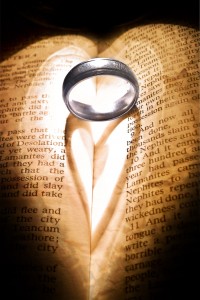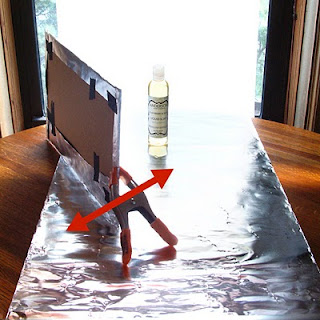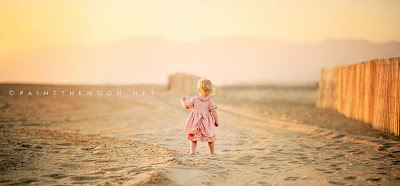Because I LOVE taking pictures but I'm not the world's best, I've been gathering helpful tips for easy, quality photos and I thought I'd share them with you...
What kind of camera is the best? It isn't the quality of the camera that matters so much as the ability of the person behind the camera (hence my need for tips). With even a small amount of knowledge you can take beautiful pictures using an inexpensive camera. I used a Panasonic hybrid point and shoot for years and it's still my back up camera. I recommend getting the best camera that you can afford and then take a class on your specific camera. Our local camera shop offers classes for all of the cameras that they stock. I took the Nikon D5000 class and it was extremely beneficial. In fact, I still refer to my notes from that class. These guys play with cameras for a living. They know all the secrets to your camera. Take advantage of it! If your local shop doesn't offer classes, you can do it online (see here).
Don't be afraid to use the camera on your cell phone. It's not cheating. Check out this post about using your cell phone for great macro photography. What's macro photography? It's the function on your camera that produces clear photos of small objects (like jewelry). Here is a link that gives lots of helpful information for those who might be photographing small products. The long and the short of it is that if you put your camera on the little flower setting, you'll have clearer pictures of those small items. Or just use your cell phone (remember most cell phone cameras snap the shot when you lift your finger off the shutter release, rather than when you touch it).
The great debate - Nikon or Cannon. Although both brands are very good, I currently own a Nikon and I love it. But I also love playing with my friends cameras too and trying other brands. Here is a link to a professional photographer's breakdown on Nikon and Cannon. It's worth knowing if the camera you are interested in will work with the majority of lens that company offers. And which one is generally better in low light situations.
Don't buy more equipment until you have done all that you can do with what you have. Your camera might do what you want a new camera to do. Take your camera into a camera shop and ask them. It's been my experience that employees at camera shops are happy to take any opportunity to play with a camera and they are usually very honest about what my camera will or won't do. You might save yourself some money. Also, don't buy expensive lighting equipment before trying some DIY things. For example, this is an easy reflective card that you can make at home with aluminum foil and cardboard! Lighting makes all the difference and this is an easy fix, especially for those of us shooting products.
If you are looking for good photo effects/editing, I definitely recommend the Photoshop/Elements Actions available through Paint The Moon. I love them! They are easy to use and enhance even my best pictures. A great place for free photo effects is PicMonkey. It's simple to use and you don't have to own Photoshop or any special software to use it.
If I didn't give you enough links (ha!), check out the tips that 96 photographers wish they would have learned sooner.
















